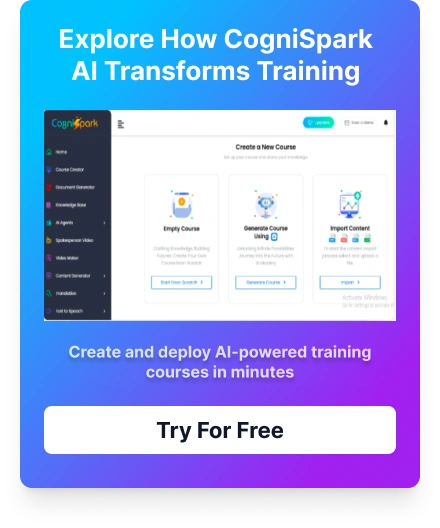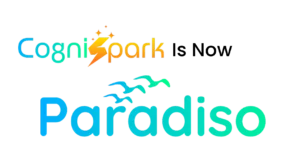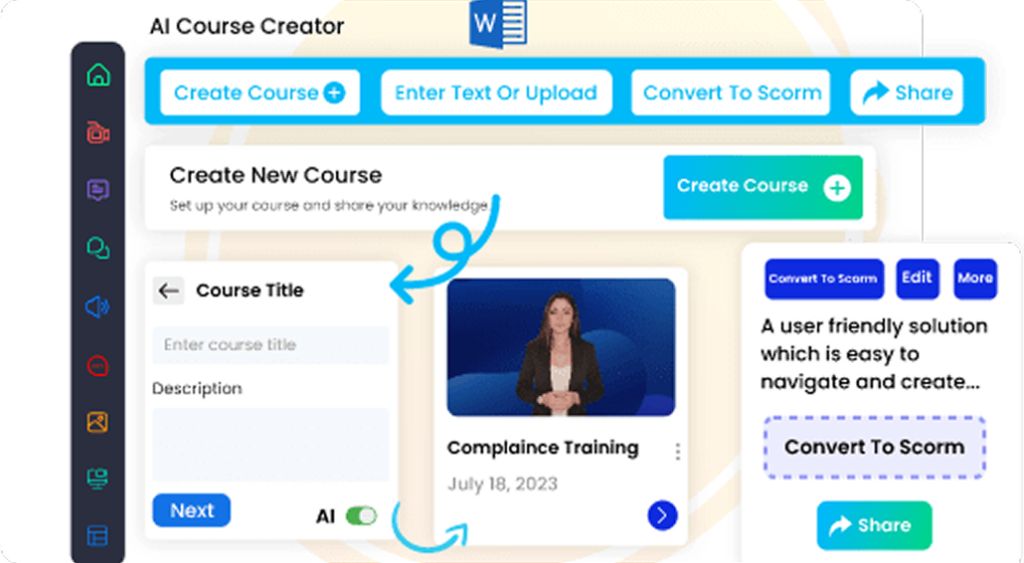In today’s globalized world, businesses are recognizing the importance of creating safe, respectful, and inclusive work environments for all employees. One of the most vital steps in achieving this is implementing POSH (Prevention of Sexual Harassment) training. However, to ensure maximum reach and effectiveness, it’s crucial to deliver POSH training in regional languages. This approach not only promotes inclusivity but also ensures that the message is comprehended by every employee, regardless of their linguistic background.
The Importance of POSH Training in Regional Languages
In India, where multiple languages are spoken across regions, offering POSH training in regional languages is essential for fostering a safe workplace. The core objective of POSH training is to raise awareness about sexual harassment, how to identify it, and how to prevent it. For this message to truly resonate, employees must fully understand the content, which is why providing training in regional languages is a game changer.
Enhancing Understanding and Engagement
Offering POSH training in regional languages enhances the understanding and engagement of employees. For many employees, especially in rural or remote areas, language barriers may hinder the effectiveness of training. By delivering training in their preferred language, employees are more likely to grasp the material, participate in discussions, and feel empowered to take action if needed.
Promoting Inclusivity and Diversity
Inclusivity is the cornerstone of a diverse workplace. When POSH training is available in multiple languages, it sends a clear message that the organization values every employee’s background and perspective. It creates an environment where all employees, irrespective of their linguistic or cultural differences, feel equally respected and understood. This inclusivity leads to a stronger organizational culture and greater employee satisfaction.
Access 100+ of fully editable, SCORM-compatible courses featuring an integrated AI Tutor. Seamlessly compatible with any LMS, these courses are designed to elevate your training programs.
Explore Our eLearning Course Catalog
Legal and Ethical Responsibilities of Employers
Employers have a legal obligation to ensure that employees are aware of their rights and the mechanisms available to address complaints of sexual harassment. According to the Sexual Harassment of Women at Workplace (Prevention, Prohibition, and Redressal) Act, 2013, it is mandatory for organizations to provide training programs on the prevention of sexual harassment. By offering POSH training in regional languages, employers comply with legal requirements and ensure that all employees are informed and equipped to maintain a safe work environment.
Ensuring Compliance with Regulations
Incorporating regional language training into your POSH program also ensures compliance with various governmental and industry regulations. Different states or regions may have their specific requirements, and language inclusivity is often emphasized. Failing to offer training in the appropriate language could lead to misunderstandings, legal complications, or a failure to meet compliance standards, which can damage the reputation of the organization.
Prevention of Sexual Harassment (POSH) Training
Foster a safe and respectful workplace. Learn legal guidelines, real-life scenarios, and effective strategies to identify, prevent, and address sexual harassment at work.
Benefits of Regional Language POSH Training for Employees
Fostering a Supportive Work Environment
When employees are able to receive POSH training in a language they are comfortable with, they feel more supported by their employers. They are better able to comprehend the nuances of sexual harassment policies and the procedures for reporting harassment, which encourages them to speak out if they experience or witness any inappropriate behavior. This transparency fosters trust between employees and employers, helping build a supportive work environment.
Increasing Participation in Training Programs
Training sessions are most effective when employees actively participate and engage with the material. By offering POSH training in regional languages, businesses ensure that their workforce feels more comfortable and confident during these sessions. This boosts participation rates, which in turn increases the overall effectiveness of the program in raising awareness and preventing incidents of harassment.
Implementing Regional Language POSH Training: Best Practices
1. Translation and Localization
It is essential to not only translate POSH training content but also localize it to align with cultural nuances. This involves adjusting the content to reflect the local workplace culture while ensuring the core message remains intact. Localization helps employees better relate to the content, making the training more effective.
2. Multimedia Learning Tools
To improve engagement, POSH training can incorporate various multimedia elements, such as videos, quizzes, and case studies, all available in regional languages. These tools cater to different learning styles and help ensure that employees stay engaged throughout the training process.
3. Regular Feedback and Improvement
It’s important to continually assess the effectiveness of POSH training programs. Gather feedback from employees about the training experience and language accessibility. Use this feedback to improve future training sessions and make necessary adjustments to the content and delivery methods.
How CogniSpark AI Makes It Possible
In today’s diverse workforce, delivering POSH (Prevention of Sexual Harassment) training in regional languages is no longer optional—it’s essential. Language should never be a barrier when it comes to understanding workplace rights, respectful behavior, and legal compliance. Providing POSH training in regional languages ensures that every employee, regardless of their linguistic background, can fully comprehend the policies, responsibilities, and protections involved.
CogniSpark AI empowers organizations to deliver inclusive POSH training by enabling the seamless translation and customization of course content into multiple regional languages. With its fully editable, SCORM-compatible courses and a robust AI-powered eLearning authoring tool, HR teams and L&D professionals can localize content to reflect cultural context and organizational policies—ensuring it resonates with diverse employee groups.
The platform’s AI Tutor enhances understanding by offering real-time support in the learner’s preferred language, simplifying complex topics and improving engagement. Whether it’s regional language, CogniSpark ensures that every learner feels included, respected, and empowered to speak up.
CogniSpark also integrates effortlessly with any Learning Management System (LMS), making it easy to deploy localized training content across different departments or locations.
By using CogniSpark AI, organizations not only comply with POSH regulations but also foster a truly inclusive and respectful workplace where every voice is heard—no matter the language they speak.
To scale quickly and reinforce respectful workplace behaviors across topics, consider using Paradiso Solutions’ course catalog with ready-made, SCORM-compatible courses spanning compliance, diversity and inclusion, leadership, and workplace safety—available to support multi-language rollouts where needed.
Conclusion
In conclusion, POSH training in regional languages is not just a compliance requirement but also a key step towards creating an inclusive, respectful, and supportive work environment. By ensuring that all employees, regardless of their language, have access to clear and comprehensible training, businesses can foster a culture of inclusivity and prevent incidents of sexual harassment in the workplace. Regional language POSH training is an investment in both employee well-being and the long-term success of the organization.
If you’re interested in enhancing your workplace training programs, consider implementing POSH training in regional languages today. The benefits of inclusivity, improved understanding, and legal compliance far outweigh the initial investment in creating language-specific content.
Discover how our courses can align with your training goals and drive real results.
Learning Built Around Your Goals.
Schedule A Demo






















